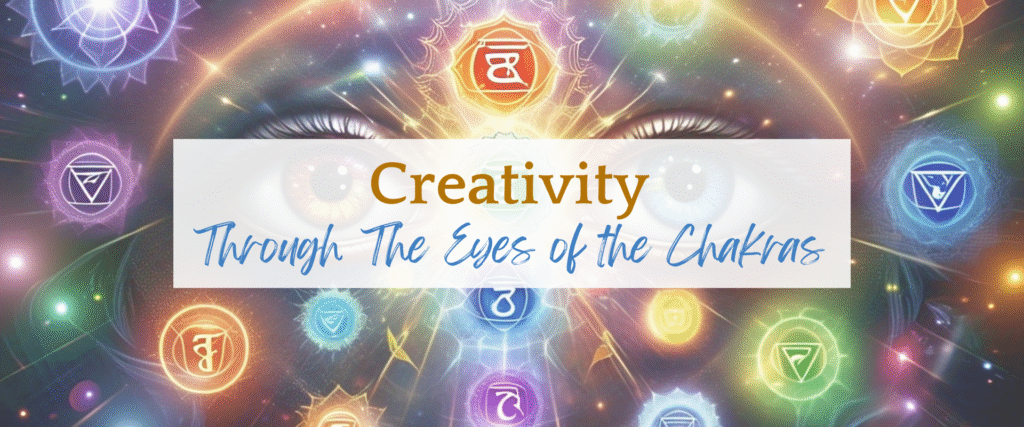
Intuition is often reserved for those big, life-shifting decisions, the yes to a new program, the gut feeling that says “this client isn’t quite right,” or the bold pivot into a new direction. But in truth, intuition isn’t just for the spiritual or the significant. It’s for the everyday. It’s the whisper before you check your inbox. The twinge when you overcommit. The nudge to take a break before burnout begins. In a heart-led business, intuition isn’t an add-on, it’s the thread that weaves through every decision, big and small.
Many entrepreneurs ignore their intuition in the name of strategy. We’ve been taught to value logic, proof, and productivity above all else. But the deeper truth is that your body, your heart, your inner knowing, these hold wisdom that no formula or funnel can offer. When you learn to bring intuition into the mundane, the magic starts to live in your every day. This blog is your invitation to reconnect with that quiet guidance and let it lead the way you work, create, and connect.
Redefining Intuition as Practical
There’s a misconception that intuition is vague, unreliable, or “woo.” But intuition is simply your inner compass, the part of you that senses what’s right before your mind catches up. It’s a blend of felt sense, energetic awareness, and subtle pattern recognition. It doesn’t always shout. It often whispers. And it’s incredibly practical once you know how to recognise it.
Instead of waiting for a lightning bolt of clarity, start to see intuition in the small things. The hesitation before saying yes. The excitement that arises when you read a message. The resistance you feel toward a task that no longer fits. These aren’t mood swings, they’re signals. Your body and energy field are constantly reading the room before your brain interprets the data.
- Not woo, just wise: Intuition is an ancient tool of inner guidance. It has kept humans safe, aligned, and inspired long before we had inboxes and marketing plans.
- Tiny nudges count: That subtle pull toward writing a certain post or that sense of “not now” before scheduling a call? Those are intuitive hits. They’re part of your everyday leadership, whether you realise it or not.
- From sacred to strategic: Intuition can guide how you manage your time, how you price your offers, and how you navigate relationships. It’s not just sacred, it’s strategic, when integrated intentionally.
By normalising intuition as a business tool, you open the door to greater alignment, ease, and authenticity in how you work and lead.

How to Access Intuition in Daily Moments
You don’t need a weekend retreat or hours of meditation to access your intuition. You need space, a moment to check in, feel your body, and pause before choosing. In a fast-paced world, that pause is often skipped. But it’s in that stillness that clarity emerges. The more you build this into your everyday life, the more confident you’ll become in your inner voice.
Start by creating micro-moments to listen. Before making a decision, ask: “What does my body say?” or “Where do I feel this in my system?” Notice the physical cues, tightness, ease, tension, lightness. Your body will often signal the truth before your mind has words for it.
- Body first, then brain: Let your body weigh in before your mind rushes to logic. You might feel an expansion in your chest when something aligns, or a pit in your stomach when something’s off. These aren’t coincidences, they’re intuitive cues.
- The power of the pause: Even a 30-second breath before replying to a message or committing to a meeting can reveal what’s truly right. In that silence, your inner voice gets louder.
- Tools that help: Tarot cards, journaling, walks in nature, or even sitting with a cup of tea can help open the intuitive channel. You’re not “doing nothing”, you’re listening.
These practices aren’t about overthinking. They’re about slowing down enough to notice what’s already there. Intuition doesn’t need to be invited, it needs to be heard.
Building Trust With Your Inner Knowing
Trusting your intuition doesn’t always feel logical. It often goes against what’s expected or advised. That’s why learning to trust it is a practice, one that’s built over time, through reflection, repetition, and gentle courage. The more you honour those nudges, the stronger they become. The more you dismiss them, the quieter they get.
If you’ve struggled to follow your intuition in the past, start by reflecting on the times you did follow it, what happened? What did it feel like in your body? Was the result what you hoped, or did it lead you somewhere even better? Build an archive of trust within you, so you can lean on it in moments of doubt.
- Track what works: Start a “proof log” of intuitive hits that turned out well. Even small things count. This helps train your mind to support your inner knowing instead of overriding it.
- Let go of “proof”: You won’t always have logic to back your decisions, and that’s okay. Intuition often leads where data hasn’t caught up. The results come later.
- Daily touchpoints: Create rituals that reconnect you to your intuition, pulling a card, taking three conscious breaths before work, or asking “What do I need to know today?” These small moments keep the channel open.
You don’t have to be psychic or deeply spiritual to be intuitive. You just have to be present. Willing. And open to listening, even when it doesn’t make sense, yet.

Conclusion
Your intuition isn’t just for turning points, it’s for Tuesday mornings. It’s for pricing decisions, Instagram captions, boundary conversations, and whether you take a call or reschedule. It’s in your calendar, your email inbox, and your client work. You don’t need a sign from the universe, you need a moment of stillness.
When you let intuition lead your heart-led business, you start making decisions that feel grounded and expansive, not just logical. You build a business that reflects not just what you know, but what you feel is right. And that’s where true alignment lives.
So don’t wait for clarity to arrive with fireworks. It’s already whispering in the quiet in-between. All you have to do is listen, and trust what you hear.


